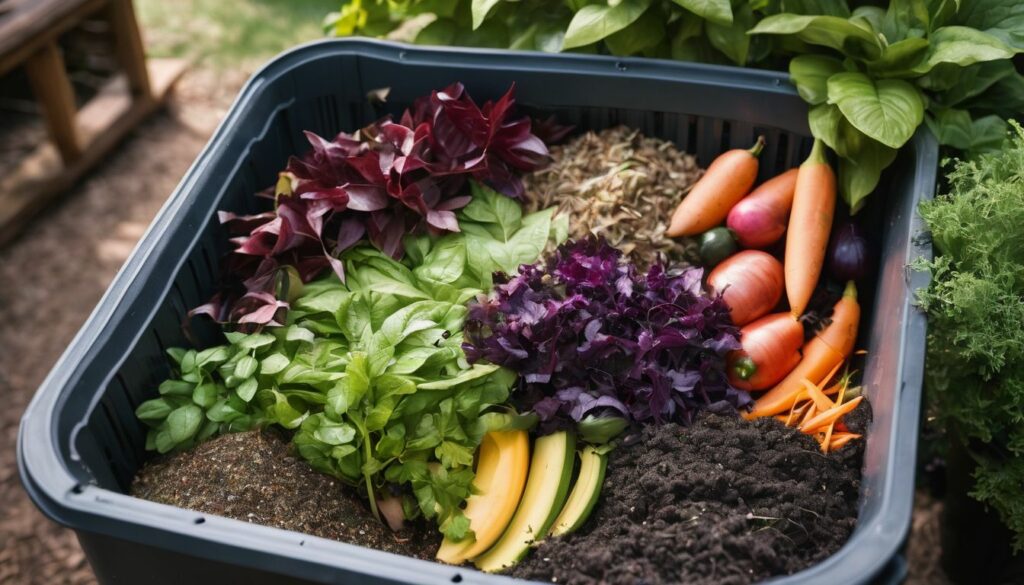You’ve come to the right place if you’re wondering if raising hens is financially viable. We’ll go over the costs of getting chickens and raising them, as well as the savings you can earn by selling or eating your eggs.
Chickens make excellent pets and are reasonably inexpensive when compared to other animals such as dogs or cats. In exchange for your money, you get tasty, healthy eggs. Chickens can be kept outside and are quite easy to look after. They’re fantastic with kids and can keep them entertained for hours.
How much does it cost to raise chickens for eggs? The short answer is that it is $200-$1500 to build a coop, buy the chickens, and feed them. The huge difference in price is largely to the cost of the coop. If you have fencing and a coop, then your costs will be less than $200. The other cost is feed, which is roughly $20 per month for 10 chickens.
Although keeping chickens can be costly at first, they are incredibly cost-effective in the long run.
We’ll also provide you the most up-to-date prices on some of the things you’ll need, hopefully lowering your costs even more.
The initial costs:
| Items | Price |
| Chicken coop/run | $200 to $1000 (approx) |
| The chickens | $12.50 to $60 (approx) |
| Feeders/water dispensers | $12.50 to $35 (approx) |
| Laying boxes | $20 to $40 (approx) |
The total cost of the initial setup varies from $200 and $1415. Chicken coops come in a variety of prices and can even be manufactured for free. The most expensive part of my project was the fencing, which cost around $150.
The maintenance costs:
| Items | Price |
| Chicken feed | $12.50 to $25 per bag * 7 per year for 5 hens (approx) |
| Wood chippings | $12.50 to $18.50 (approx) |
| Health supplements | $75 (approx) |
The annual maintenance cost ranges from $170 to $260 (estimated), with a monthly cost of $15 to $22 for 5 chickens (approx).
After you’ve estimated your prices, think about how much money you could save if you didn’t buy eggs. Based on the typical egg intake in America, here’s a recommendation. These straightforward calculations will demonstrate how much money you can save.
Eggs from organic hens
Six organic eggs will set you back approximately $3.
The average person consumes about 3 eggs per week or 162 eggs per year. This will set you back around $144. The savings isn’t great, but may make sense if you have a family..
You simply have to pay around $0.2 for each egg laid by your chickens.
This is a significant saving, given the average person consumes 162 eggs per year.
If you have a large family or simply want to buy a lot of eggs, you can save a lot of money.
Regular eggs cost half as much as organic eggs.
Eggs from a free-range hen
For as little as $1, you can get six free-range eggs. This means you can only get one egg at a time for roughly 20 cents. As previously stated, farm eggs cost approximately 18 pence each. While this may not appear to be a large saving, multiplying it by the number of people in your family will save you a lot of money in the long run.
Your eggs will be of better quality than anything you can buy in a store.
They have more yolks and are creamier than a dull yellow egg. You’ll also get them twice as often!
Eggs are just preferable to store-bought eggs. We guarantee that after you’ve tried eggs from your own birds, you’ll never buy eggs from a shop again!
To further lower your costs, you could sell eggs to relatives and friends. This would make it possible for you to keep your chickens for a very low price.
The amount of savings will vary depending on the eggs you choose, but there will be a noticeable difference.
While your savings expenses may vary based on the type of eggs you buy, it is evident that keeping hens gives you more bang for your buck.
So, how can you save cash?
It all depends on the size of the eggs you’re producing and whether you’re selling them.
Because of economies of scale, mass manufacturing of eggs would result in significant profits.
For the most part, this is not the case. While keeping hens will initially be inexpensive, you will soon find that you can break even. You can save money if you eat a lot of eggs.
However, because there are so many factors, such as the number of sick hens, it’s not a fair comparison.
Intangible benefits, such as the vitality and character that hens bring to your garden, may also be available.
Chickens are a terrific way to get a good return on your investment. We believe we have saved money throughout the years, despite the fact that it is probably not a lot. This will be determined by your particular choices, however, the following are the primary advantages and disadvantages of chickens.
These are the benefits.
- Free-fertilizer
Using the pecking/free-tilling technique - To keep pests at bay, they consume spiders and bugs.
- Complimentary garden feature
There are several drawbacks.
- Deaths of flocks or chickens necessitate replacement.
- Attract rodents and vermin
- Chickens can grow ill and require medical attention.
This is a straightforward and straightforward analysis of the cost-effectiveness of chicken keeping.





